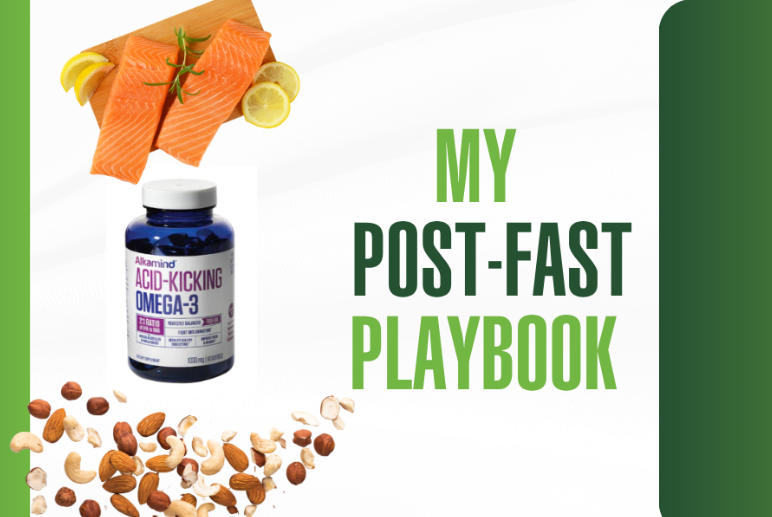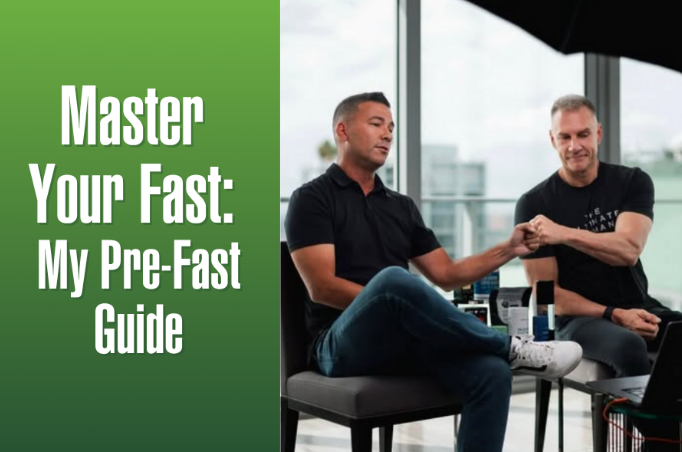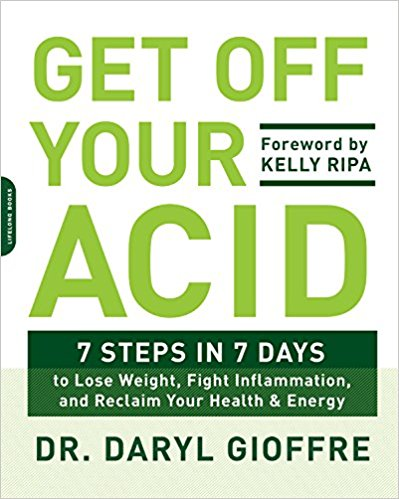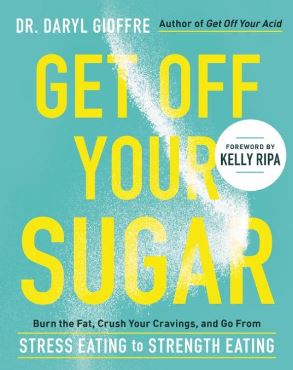
Whether it is nerves about going back into the office after months of working from home, worries over employment, or the stress of having kids at home for months on end, there’s no shortage of sources for anxiety to crop up in the minds of Americans these days.
Since the pandemic began in March, anxiety levels have skyrocketed. Nearly one-third of American adults – 3 in 10 – are showing symptoms of anxiety.
Symptoms of anxiety can include:
- Nervousness
- Irritability
- Increased heart rate
- A sense of panic or danger
- Difficulty concentrating
- Fatigue
- Trouble sleeping
Increased levels of anxiety and stress are also associated with serious risks to our health and well being. Research shows a clear link between stress and immune cell health, as well as inflammation, which is associated with the onset and advancement of autoimmune diseases. Study after study show how exposure to trauma, chronic, high levels of stress, and even just stressful periods of life makes people more likely to develop autoimmune diseases.
Not only that, but stress and anxiety can literally poison the brain and the body. It leads to a build up of free radicals, the potentially cancer-causing, Alzheimer’s-inducing atoms that damage DNA and age your cells. Remember, the acid that stress causes in your body outweighs a million times to one any effect that food or drinks can cause
That makes you more susceptible to both common illnesses and serious diseases.
So that’s why it’s incredibly important to manage stress and anxiety as much as possible, which is what the tips in this list will help you do.
One note before we get started on this list. These tips have been clinically shown to help with anxiety symptoms, but not prevent or stop anxiety disorders. If you think you may be suffering from an anxiety disorder, please see your doctor or another trusted health professional.
10 Science-Backed Ways to Ease Anxiety
1. Healthy routines are your friend.
While a rigid schedule can actually increase your anxious feelings, a regular, flexible routine increases your feeling of safety, security, and control. Exercising at approximately the same time every day, establishing healthy eating patterns, and waking up and going to bed at predictable times can ease anxiety.
It might surprise you that eating nutritious food has a big impact on anxiety levels. Research shows a link between eating processed meats, cereals, fried foods, candy, and high-fat dairy products and anxiousness. Likewise, a diet rich in fruits, vegetables, and fish can ease anxiety.
2. Limit alcohol and caffeine.
Research shows that both caffeine and alcohol have anxiety-aggravating effects, including the possibility of triggering panic attacks. And yet, people suffering from underlying anxiety often turn to alcohol to numb its effects or caffeine to compensate for lack of adequate rest.
Aim to cut back slowly on caffeinated drinks to prevent headaches or other symptoms. Replace coffee with your favorite herbal tea. And don’t forget Daily Greens to boost your natural energy and prevent caffeine cravings.
If you’ve been drinking wine or other alcoholic beverages lately to handle stress, try going one week without a drink and see how you feel. You might find that you actually experience less anxiety and sleep better as a result.
3. Get surrounded by trees.

Spending time surrounded by trees reduces anxiety, boosts the immune system, and makes you feel better overall, according to research. It’s not just enjoying nature that causes these effects – it’s that the air actually is cleaner and fresher, thanks to the trees. Even here in Manhattan, a quick walk through Central Park can have an impact on wellbeing.
4. Prioritize sleep.
Getting enough rest is one of your best defenses against anxiety, according to numerous studies, so do everything you can to get enough sleep. If nighttime anxiety keeps you from sleeping, establish a bedtime ritual or routine to sooth your fears and concerns and ease you into sleep. Take a hot bath in Epsom salts, read a book (not on a devise that emits blue-light), or do some stretching or yoga before you hit the sheets.
Alkamind Daily Minerals will improve sleep, mental clarity, digestion, workout recovery, and acid reflux – all in just 1 tiny scoop per night.
5. Practice mindfulness.
Mindfulness practices not only help stop the brain from racing by grounding you in the present moment, they also can have long-term, positive impacts on the brain, lower heart rate, decrease blood pressure, and slow stress hormone production.

Next time you are experiencing anxiety, find a comfortable spot, start to breathe deeply, notice your body and relax spots where you might be holding tension. It’s okay to let your mind wander, but try to bring your thoughts back to the present moment.
6. Exercise.
Studies have shown that working out regularly has a positive effect on anxiety symptoms. At least 2.5 hours of vigorous exercise per week – at least a brisk walk – is most effective if it is spread out in small amounts every day or almost every day.
7. Listen to classical music.
Research shows that the type of music you listen to can have a profound effect on your overall mental health, and anxiety in particular. Classical music lowers stress hormone levels, increases relaxation, increases blood flow, improves blood pressure and heart rate, and even increases laughter. It also can ease feelings of loneliness, fear, tension, and confusion.
8. Find an outlet.
Isolation increases anxiety and other mental health issues, whereas taking steps that decrease feelings of isolation helps ease anxiety.
Whether it’s talking to a friend or family member, writing in a journal regularly, or seeing a therapist, find an outlet for your anxiety that works for you. Just be careful if you choose to talk to a friend that your anxieties don’t feed off one another.
Journaling has some pretty impressive effects when it comes to processing emotions and pain. In fact, one study showed it can increase recovery time from physical pain as well as emotional!
9. Stop checking email.
Studies show that the frequency with which you check email is associated with increases in stress and anxiety. Turning off notifications except for the most important emails, unsubscribing from unwanted newsletters, or only checking email at certain times of the day can help prevent this unnecessary stress.
10. Get the right fats for mental health.
Numerous studies have shown that getting enough anti-inflammatory omega-3 fatty acids reduces anxiety for some people.
It’s no surprise. Omega-3 fats decrease inflammation in the brain, a major marker of mental health disorders from ADHD to Alzheimer’s.
And yet, it’s very difficult to eat a diet rich enough in omega-3, and unless you eat salmon 3 meals a day, you are deficient without a supplement.

Our Alkamind Daily Omega-3 is the best quality supplement on the planet. It’s the ONLY one with the ideal 2:1 ratio of EPA to DHA in a highly concentrated form. So you can take less and get more benefit from it. Plus it’s heavy metal free and guaranteed for potency and freshness, so no fishy taste.
Subscribe & Save 15% today!
GET OFF YOUR ACID!
Dr. Daryl
 Skip to content
Skip to content







